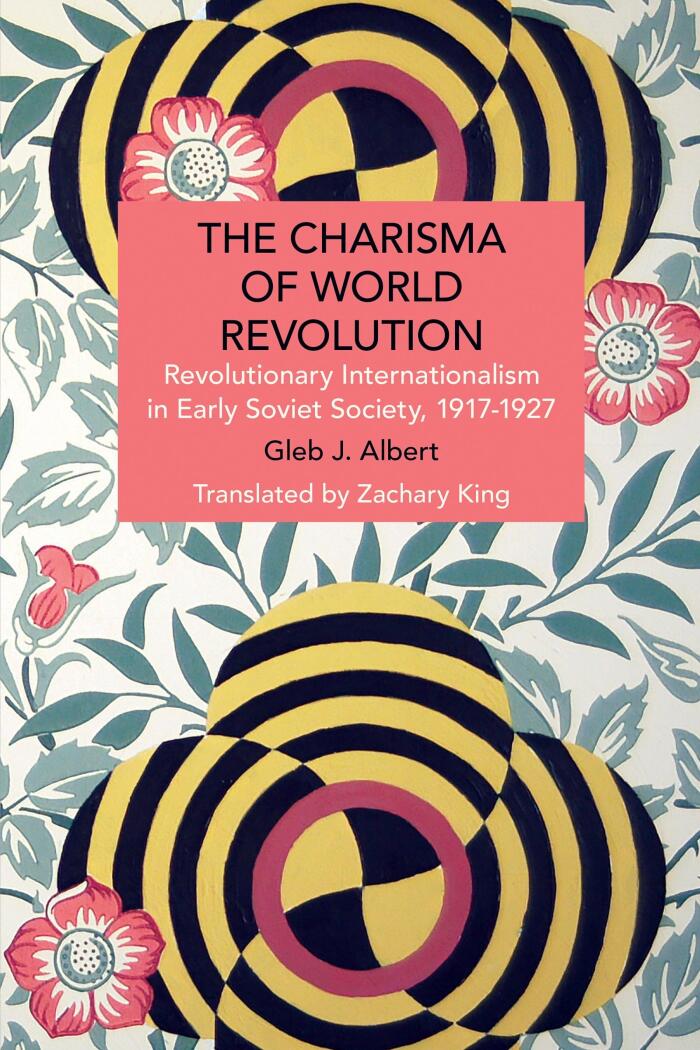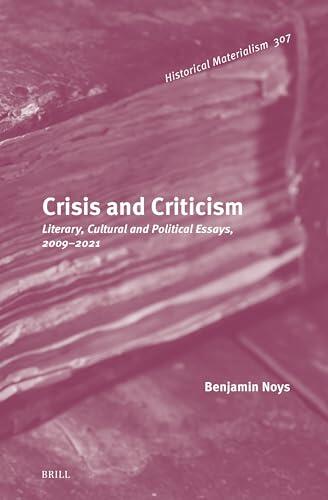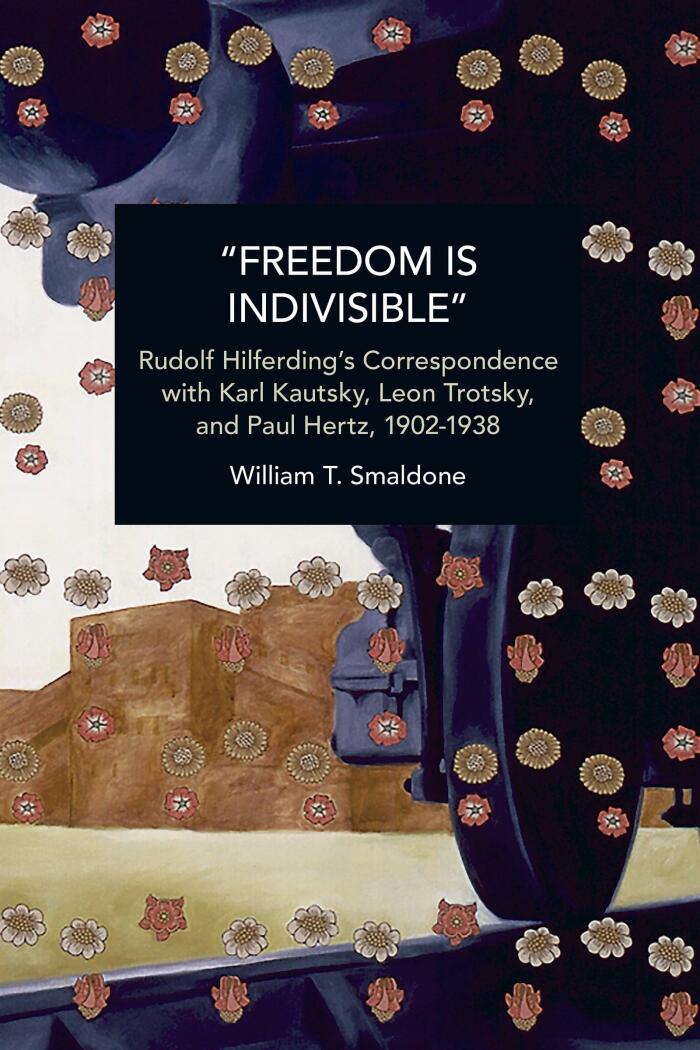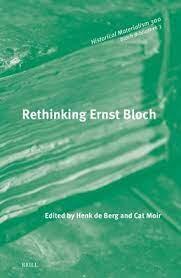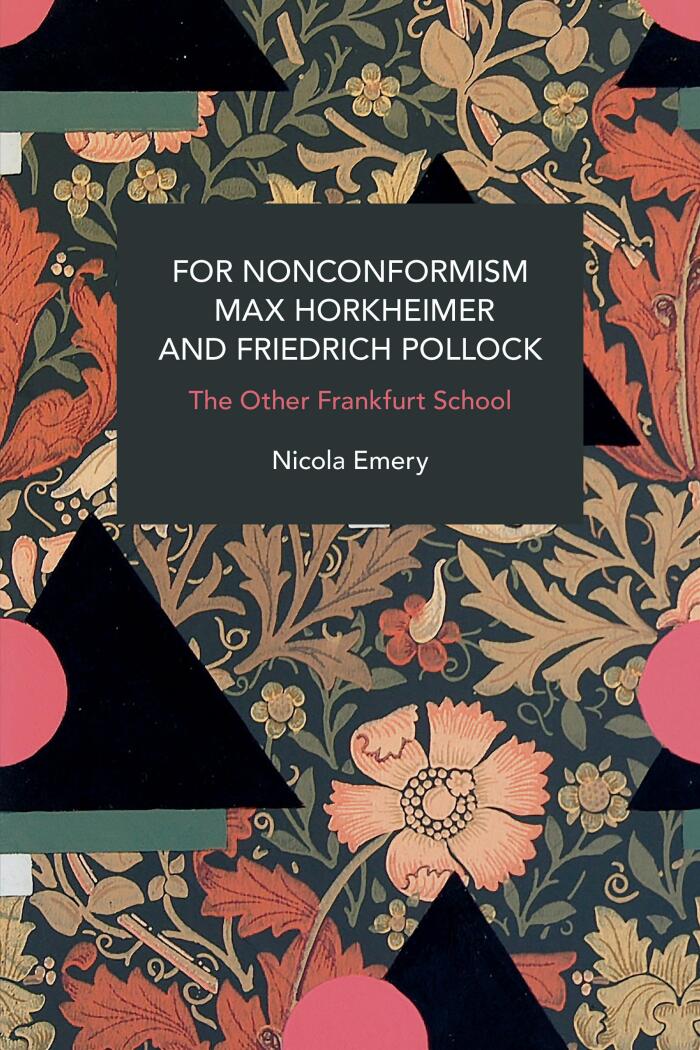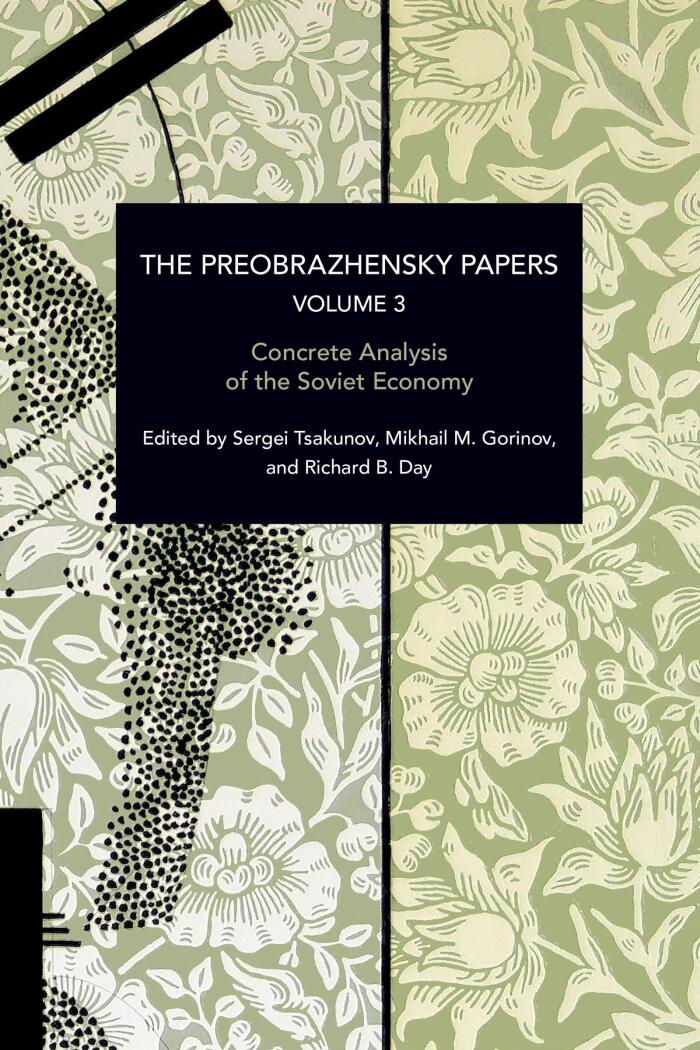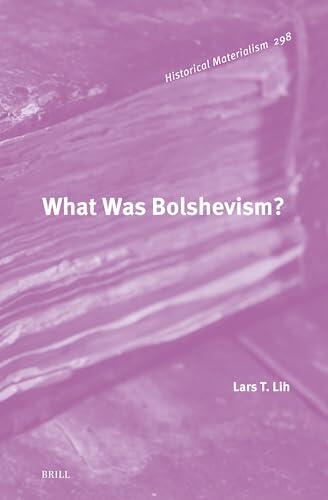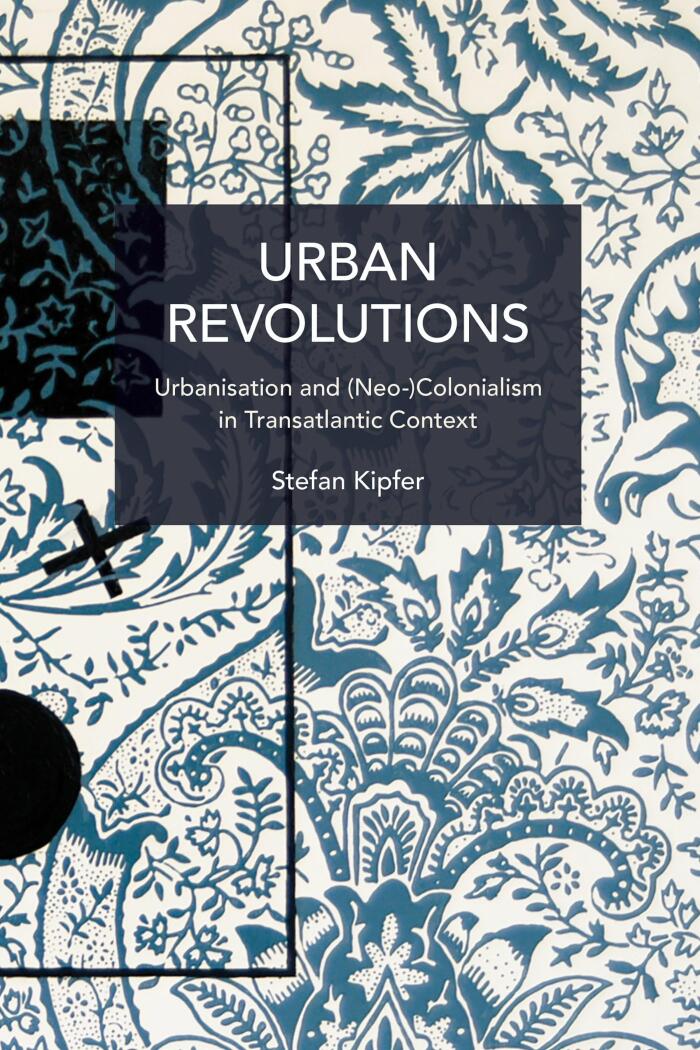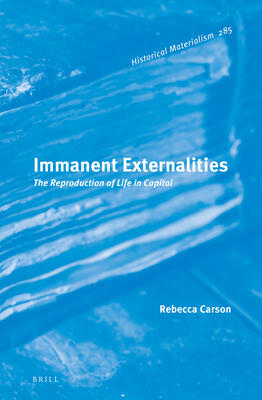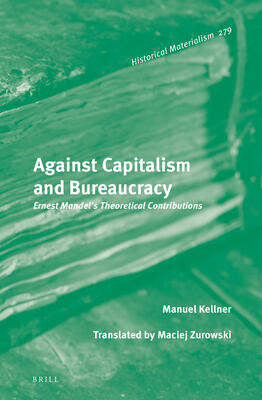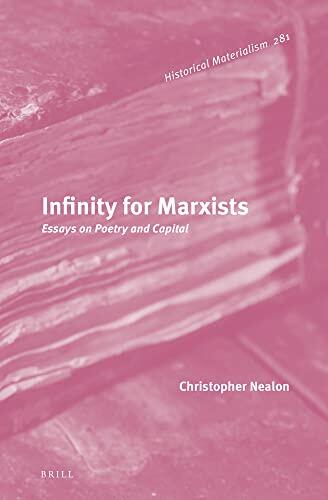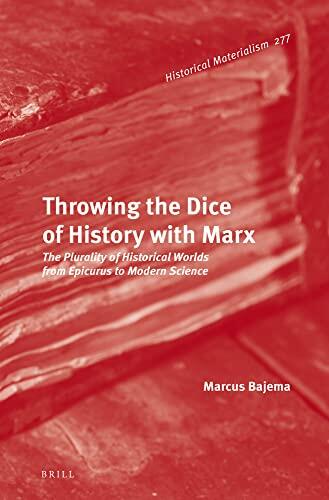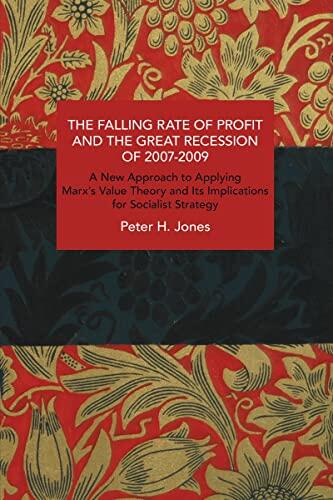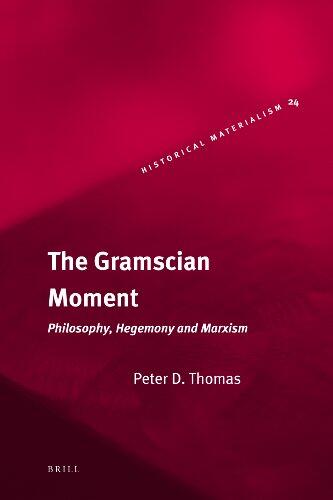
The Gramscian Moment: Philosophy, Hegemony and Marxism
Оценок пока нет
History
Philosophy
Формат
Твердый переплет
Страницы
477
Язык
Английский
Опубликовано
Jul 31, 2009
Издатель
Brill Academic Pub
ISBN-10
9004167714
ISBN-13
9789004167711
Описание
Peter D. Thomas delves deep into the intellectual legacy of Antonio Gramsci, exploring the nuances of his thoughts as articulated in the seminal "Prison Notebooks". This work contextualizes Gramsci's ideas within the broader landscape of social and political theory, shedding light on the intricacies of hegemony and its implications for Marxism. Thomas skillfully analyzes how Gramsci's reflections on culture, power, and ideology continue to resonate in today's political discourse.
Through meticulous examination, Thomas articulates the relevance of Gramsci’s theories in understanding contemporary societal constructs. He reveals how Gramsci’s concepts offer vital insights into the mechanisms of control and resistance within modern frameworks of power. The exploration of historical materialism is poised against the backdrop of Gramscian philosophy, illustrating the dynamic interplay between ideology and social practice.
In this compelling narrative, Thomas invites readers to reconsider the impact of Gramsci’s work on current debates in political philosophy, urging a re-engagement with the transformative potential embedded within his ideas. The journey through Gramscian thought provides not just a historical account, but a call to reflect on the enduring significance of critical theory in shaping our understanding of the world.
Through meticulous examination, Thomas articulates the relevance of Gramsci’s theories in understanding contemporary societal constructs. He reveals how Gramsci’s concepts offer vital insights into the mechanisms of control and resistance within modern frameworks of power. The exploration of historical materialism is poised against the backdrop of Gramscian philosophy, illustrating the dynamic interplay between ideology and social practice.
In this compelling narrative, Thomas invites readers to reconsider the impact of Gramsci’s work on current debates in political philosophy, urging a re-engagement with the transformative potential embedded within his ideas. The journey through Gramscian thought provides not just a historical account, but a call to reflect on the enduring significance of critical theory in shaping our understanding of the world.
Обзоры
Отзывов пока нет
Станьте первым, кто оставит отзыв о этой книге и поделится своими мыслями
Добавить первый отзывЖурнал чтения
Журналы чтения не найдены
Начните отслеживать ваш прогресс в чтении, чтобы видеть записи здесь
Добавьте ваш первый журнал чтенияЗаметки
Журнал транзакций
Журналы транзакций не найдены
Начните отслеживать ваши книжные транзакции, чтобы видеть записи здесь
Добавьте ваш первый журнал транзакций